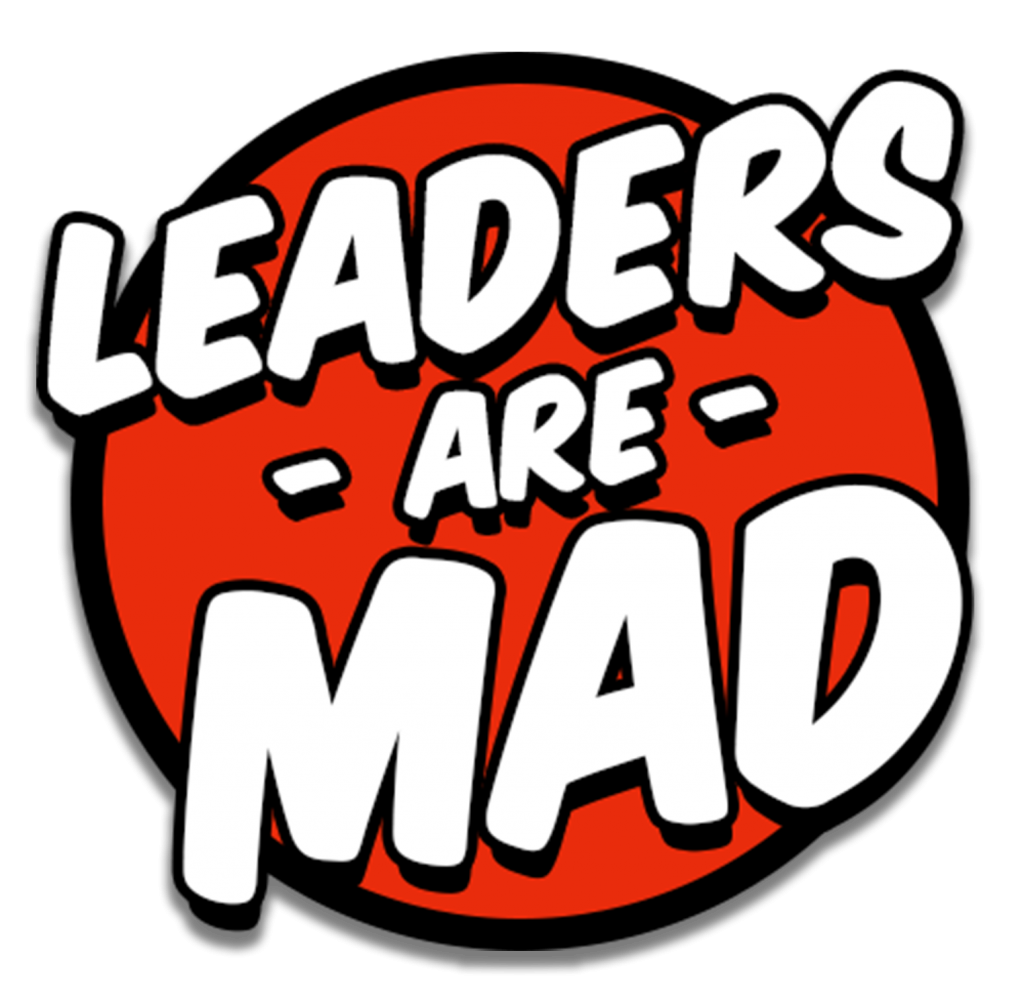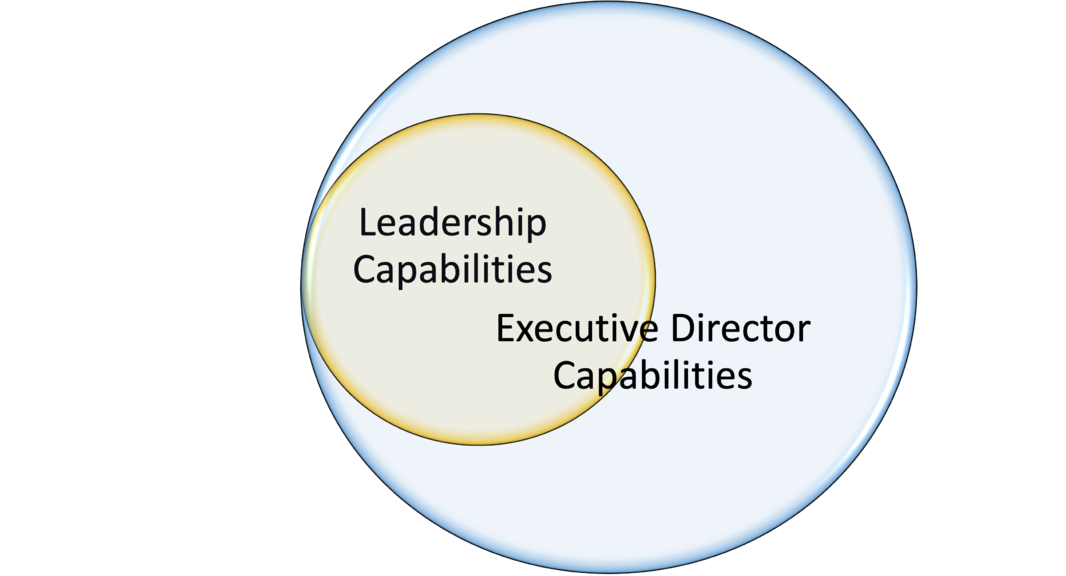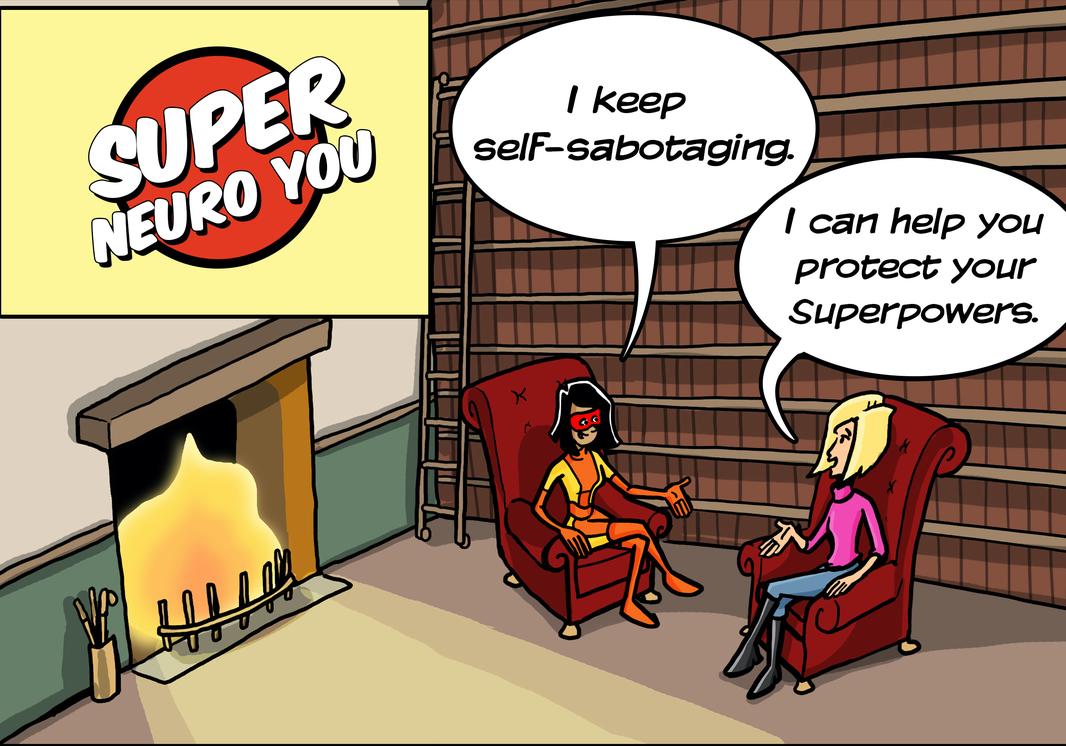What is coaching?
Coaching isn’t the same as training or facilitation. It’s not telling people what to do or persuading them to do things differently. So what is it?
Coaching means so many different things to different people as it will probably depend upon your experience of coaching.
This is why I encourage potential clients to have a free chemistry call with me before committing to a coaching programme
Book here for a Chemistry Call
Coaching can be a one of coaching conversation with someone. This is in essence when one person helps another person think about a situation, problem or decision out aloud whilst the other listens intently and asks questions of the person with the situation to help them think it through more deeply and widely.
- Some examples of great questions are:
- What is the real problem you are trying to solve?
- What impact is this problem having on who?
- What would the situation be if the problem were solved in a sustainable way, where i t doesn’t reoccur? or what does success look like? Feel like?
- When have you been in a similar situation previously? What did you do then to solve your problem? What were the specific steps, in order?
- What help do you need from me?
- Who else could help you?
This coaching conversation is simple and yet effective and it relies on excellent rapport building, listening and questioning skills.
What is Executive Coaching?
Is Executive Coaching any different or is it just called that because it is aimed at Executives?
Executive coaching is aimed at Executives - leaders on the Executive Team or aspiring to be on the Executive team - but its more than just that!
In my vast and varied experience with clients, Executive Directors have many different needs from coaching.
My clients value having a coach who is familiar with their world. They do not need me to have sector specific experience but do value my experience as a previous Executive Director with a wide range of Executive Director and Director roles.Executive clients usually want someone who understands their language, understands the fundamentals of the environment they work in and the particular capabilities required to be a high performing Executive Director as well as a leader.
In my experience there are two overlapping sets of capabilities.
Leadership capabilities are at the core, and to become an Executive Director you should already be a capable leader.
In the Executive Director role your leadership capabilities will be further challenged as you will now be working with your colleagues on the Executive leading the organisational strategy and setting the standards for the entire organisation. You will also be more of a Brand Ambassador externally. This creates additional pressures.
You are likely to have extra legal responsibilities requiring you to have more knowledge of your sector, legislation, health and safety and finance to name just a few topics for concern.
Coaching should be challenging
If your coach isn’t challenging you, if you’re not feeling somewhat uncomfortable, you are not likely to be developing!
Self-Leadership is at the heart of most of my coaching sessions
Having said all this about capabilities, self-leadership is at the heart of most of my coaching sessions with Executive Directors.
Most Directors know what they should be doing. Most of our coaching sessions are focussed on understanding what directors are doing that is getting in the way of them applying their knowledge and skills and performing at their peak.
The ‘Ripple Impact’ of removing self-sabotage, and improving their strategies and habits to enables peak performance is enormous and can significantly change the performance of the organisation.
This type of coaching is challenging for the coach and the client.
As with all coaching, insight and commitment comes in the session and development and growth comes with practice, practice, practice, in between sessions.
Ready to get started?
Ready to get started?
Would you or one of your Executive team benefit from coaching?
Would you or one of your Executive team benefit from coaching?




